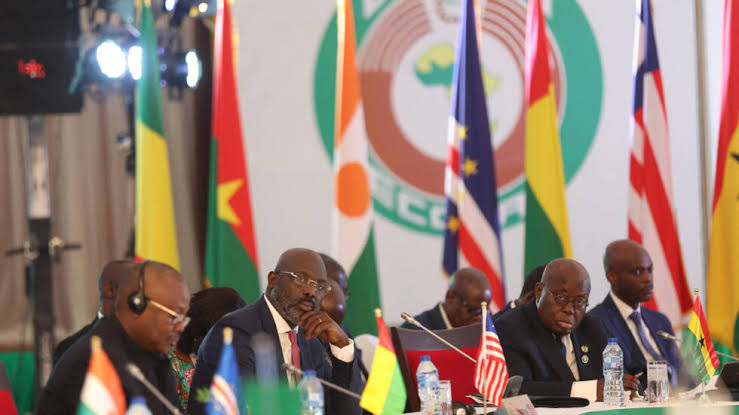
The Economic Community of West African States (ECOWAS) has upheld sanctions against Niger following the military coup that took place in July.
The regional coalition has made it clear that significant steps towards a civilian-led government must be observed before any consideration is given to lifting the punitive measures.
During a summit convened in Abuja amidst a backdrop of political instability, with recent coups in Mali, Burkina Faso, Guinea, and Niger, as well as attempted coups in other nations, ECOWAS leaders deliberated on the path forward.
According to reports from France24, citing AFP, the summit saw the participation of ECOWAS Commission President Omar Touray, who announced the formation of a committee comprising representatives from Benin, Togo, and Sierra Leone.
This committee is tasked with engaging the CNSP leadership in Niger to evaluate progress towards a brief transitional period and other prerequisites for the removal of sanctions.
Touray stated, “The authority will gradually relax the sanctions imposed on Niger, contingent upon the CNSP’s adherence to the outcomes of the committee’s engagement.”
He warned that failure to comply would result in the continuation of all sanctions.
The international community has closely monitored the recent upheaval in Niger, where military forces deposed President Mohamed Bazoum in July, leading ECOWAS to enforce stringent sanctions and halt trade.
READ ALSO: Military Coups in West Africa Fueling Insecurity, ECOWAS Warns
Under the current military governance, Niger, a crucial ally in combating Sahel militancy, has called for the withdrawal of French troops stationed in the country while American forces remain present.
However, negotiations with the regime in Niamey have reached an impasse. ECOWAS has demanded the immediate reinstatement of Bazoum, but the military rulers have detained the former president and proposed a transition period of up to three years before returning to civilian governance.
Touray acknowledged the severe humanitarian crisis in Niger but criticized the Niamey authorities for obstructing the delivery of permitted aid.
In a related development, ECOWAS has criticized the establishment of the Alliance of Sahel States by certain member countries as an attempt to distract from the pursuit of democracy and good governance.
Nigeria’s Bola Tinubu, Chair of the ECOWAS Authority of Heads of State and Government, emphasized during the 64th Ordinary Session in Abuja that the organization would not be sidetracked by nations under military rule from achieving its collective aspirations.
Tinubu remarked, “We must also address recent events in our sub-region, including the creation of an Alliance of Sahel States by some members under military governance.
This apparent counter-alliance seems designed to shift focus away from our shared commitment to democracy and good governance. We remain resolute in advancing the collective vision of ECOWAS integration as outlined in our institutional and legal frameworks.”
The Alliance of Sahel States (ASS), a mutual defense agreement formed between Mali, Niger, and Burkina Faso on September 16, 2023, has been met with skepticism by ECOWAS leaders.
Tinubu also expressed solidarity with the people and governments of Sierra Leone and Guinea Bissau in light of recent disturbances and reaffirmed ECOWAS’s firm stance against any unconstitutional changes in government.
He declared, “Military rule is an anomaly that undermines the will of the people and has no place in Africa. Our citizens must be allowed to exercise their right to choose freely and without obstruction.”


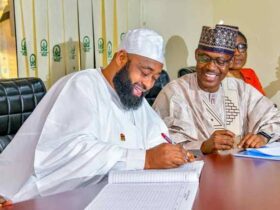
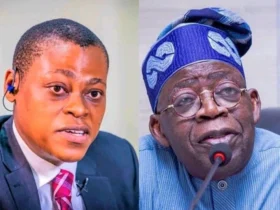
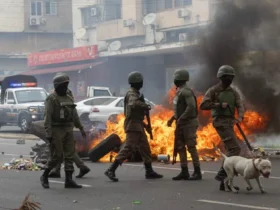
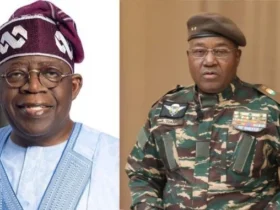

Leave a Reply